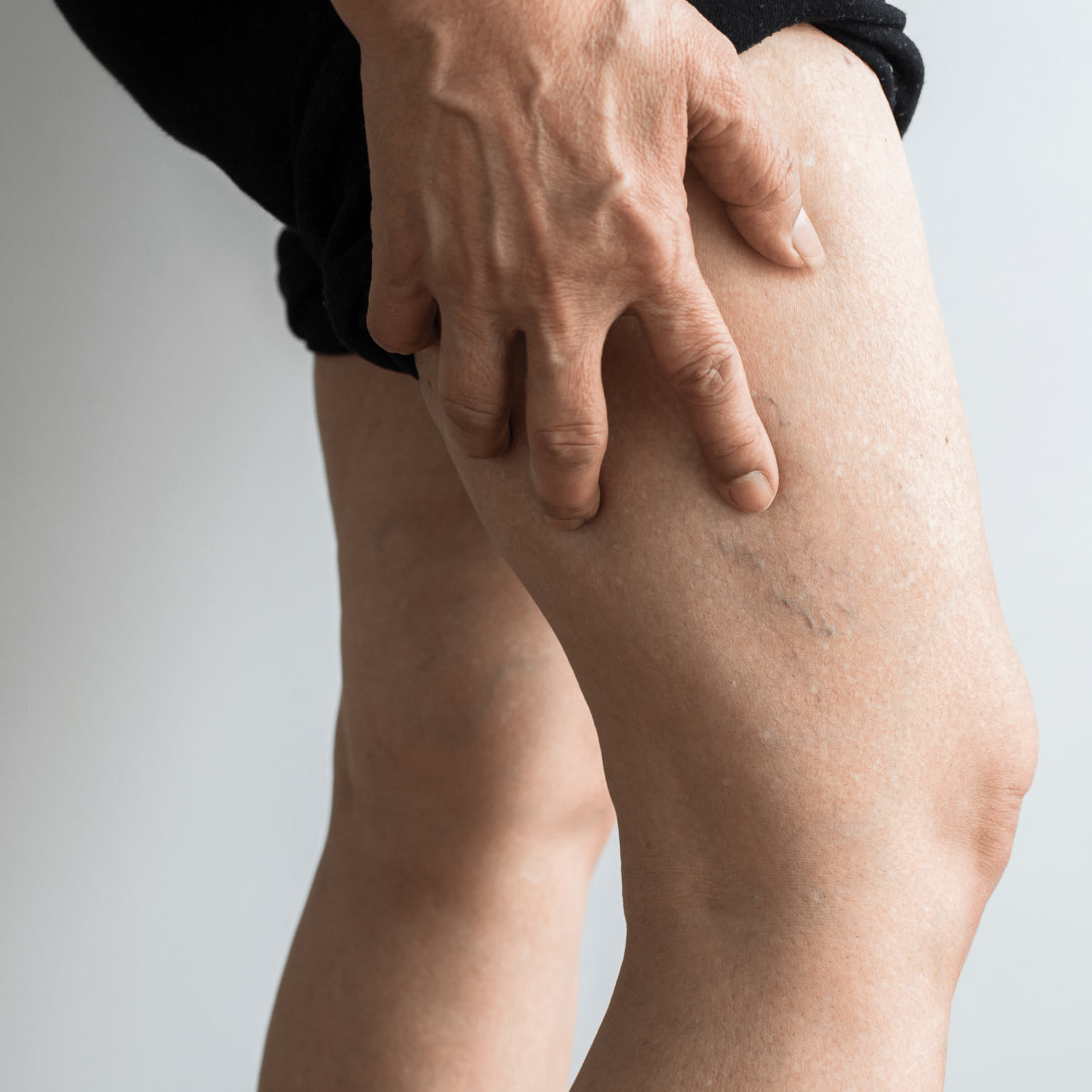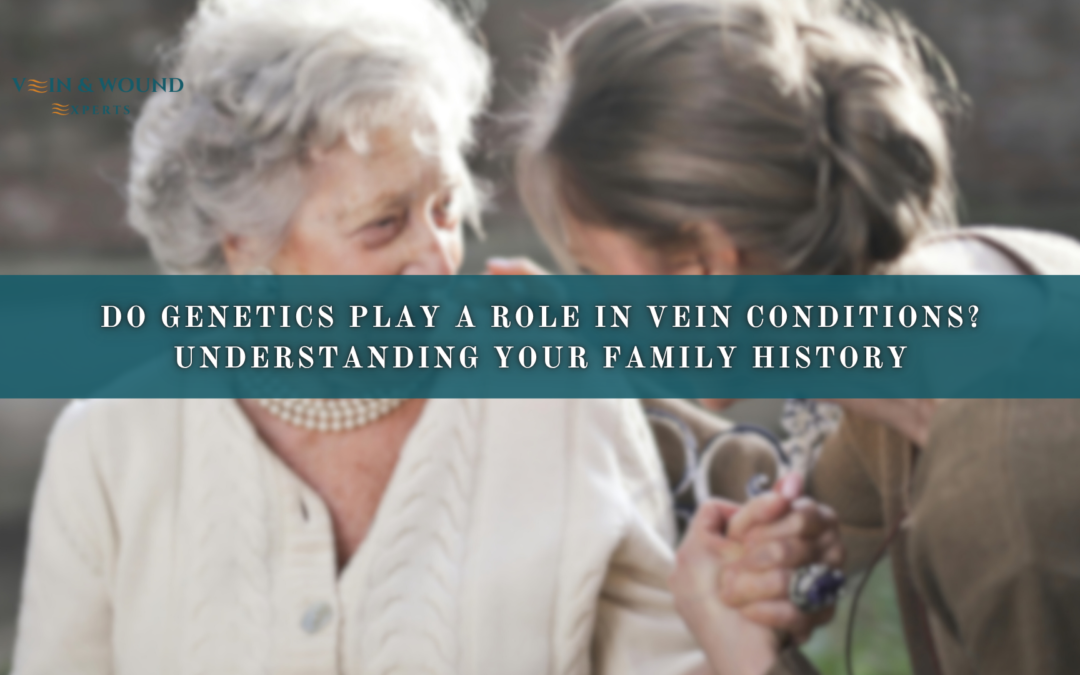🧬 Do Genetics Influence Vein Conditions?

Vein problems are often considered a common part of aging, but could your family history be a contributing factor? Many people wonder if conditions like varicose veins run in the family, and whether vein disease genetics play a role in the development of these issues.
🧠 The Role of Genetics in Vein Health
Hereditary varicose veins are more common than many realize. Genetics can influence whether you develop vein problems, as certain genes may make you more prone to weak veins or faulty vein valves. This inherited trait is one of the primary factors in the development of conditions like chronic venous insufficiency or varicose veins.
📊 Research shows that having a family history of vein problems can significantly increase the likelihood of experiencing similar conditions.
🔬 Are Varicose Veins Genetic?
The answer is yes, to some extent.
🧓 If one or both of your parents have varicose veins, you’re more likely to develop them yourself.
🧬 The condition is often passed down through generations, with weakened vein walls and valve failure being hereditary traits.
⚠️ While environmental factors such as standing for long periods or obesity can contribute to varicose veins, your genetic makeup plays a significant role in determining your vulnerability.
👨👩👧👦 Family History and Vein Problems
When it comes to vein issues, understanding your genetics is key to prevention.
If varicose veins, spider veins, or other circulation issues run in your family, you may be at higher risk of developing them.
✔️ Knowing this early on can help you take proactive steps:
-
making lifestyle changes
-
monitoring your vein health more closely
🦵 Common Signs of Hereditary Vein Conditions

If you have a family history of vein problems, be on the lookout for the following symptoms:
-
🔹 Swelling in the legs, especially after standing for long periods
-
🔹 Visible varicose veins that appear as bulging, twisted veins
-
🔹 Heaviness or pain in the legs
-
🔹 Skin discoloration or texture changes around the ankles
🔎 Early detection is important for managing hereditary enlarged veins and other vein conditions. If you notice these symptoms, it’s a good idea to consult with a vein specialist.
🩺 How to Prevent Vein Problems with a Family History
If you have a family history of vein problems, here are some steps to reduce your risk:
-
⚖️ Maintain a healthy weight – Excess weight puts added pressure on your veins.
-
🚶 Stay active – Exercise improves circulation and strengthens your veins.
-
⏳ Avoid prolonged standing or sitting – Take breaks to move around regularly.
-
🧦 Wear compression stockings – They improve blood flow and reduce swelling.
-
🛏️ Lift your legs – Elevating your legs helps prevent blood pooling and strain.
When to See a Specialist
If vein problems run in your family, don’t wait for symptoms to worsen.
👨⚕️ A professional assessment can help determine your risk.
✅ Genetics play a complex role in vein conditions, but with early detection and proper care, you can significantly reduce the risk of complications like:
-
chronic venous insufficiency
-
deep vein thrombosis (DVT)
📋 A vein specialist will help you monitor your vein health and provide personalized treatment options tailored to your condition.
Andy Sharify
Position
